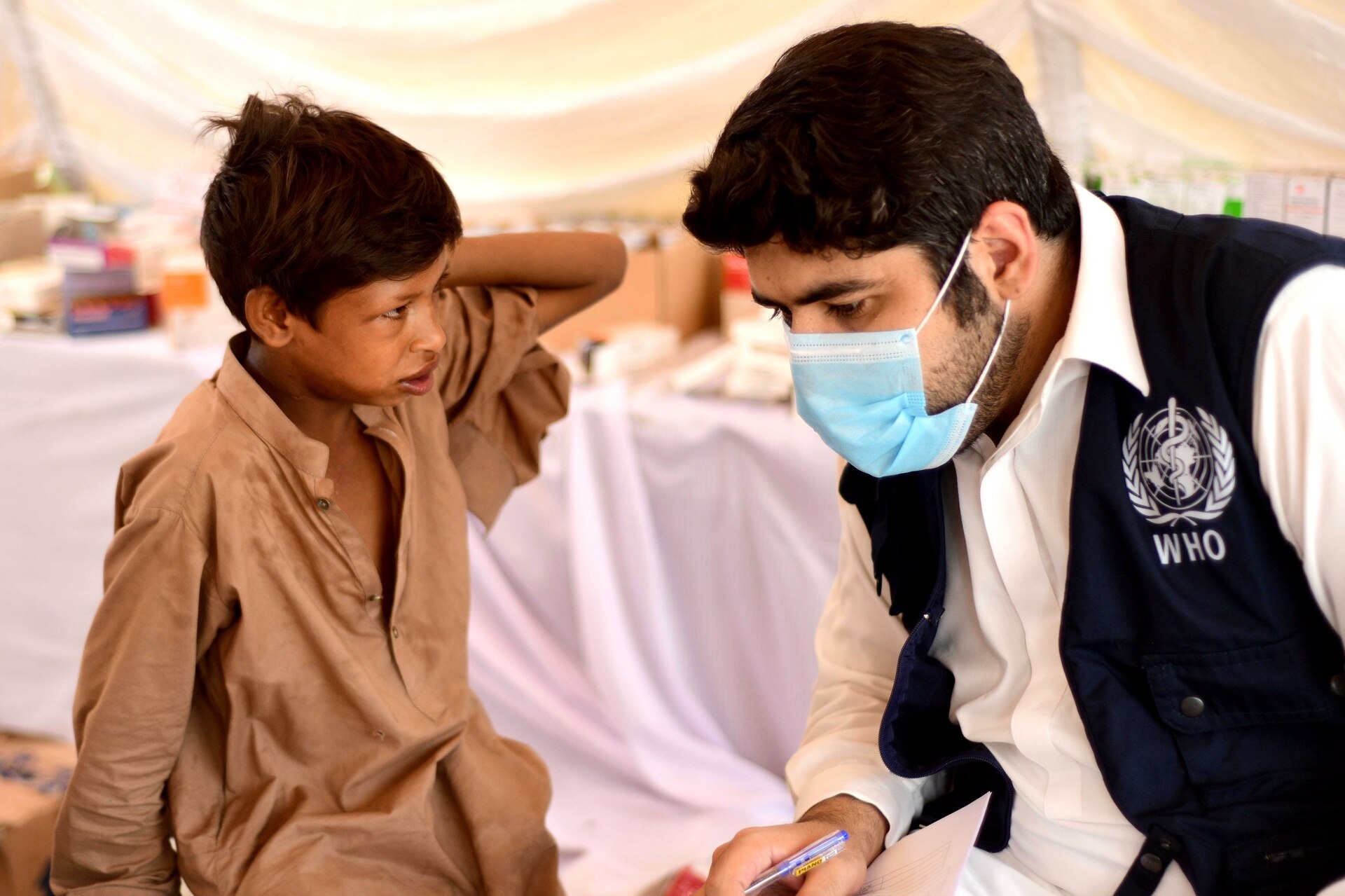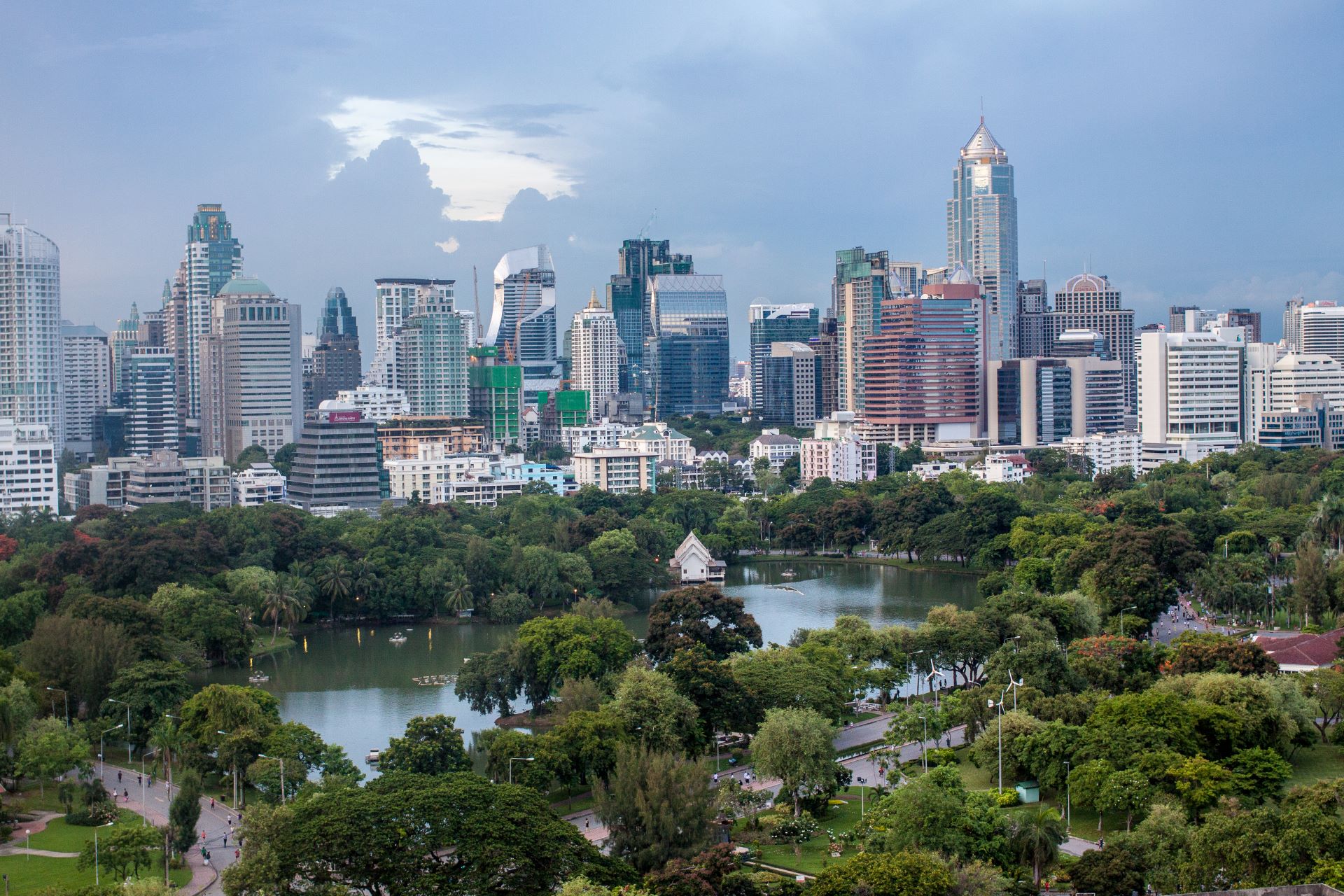
/families-in-the-republic-of-korea.tmb-768v.jpg?sfvrsn=458a7353_2)
Flagships
Families enjoying in Songdo Central Park, Songdo International Business District
Overview
The WHO Academy has developed a comprehensive portfolio of programmes across most health topics addressed by WHO and tackles key priorities that require specific intervention. To ensure these priorities are addressed, the Academy has a focus on an evolving scope of priority programmes.
Two flagship programmes have been designed to support targeted WHO initiatives, namely: One Health and Healthy Cities.
Healthy cities
Rapid urbanization is transforming societies worldwide. By 2050, nearly 70% of the global population is expected to live in cities, with much of this growth concentrated in LMICs. While unplanned urban expansion can pose health and environmental risks, cities are also uniquely positioned to drive health improvements.
Cities are strategic actors that can mobilize stakeholders across sectors, implement integrated policies and engage communities to foster greater health and well-being. Cities can innovate and scale solutions promoting health in urban and local settings, making them key partners in achieving the Sustainable Development Goals and advancing health equity.
As part of its commitment to capacity building for healthy cities, the Academy is developing and integrating learning resources onto its online learning platform.
One Health
One Health is an integrated, unifying approach to balance and optimize the health of people, animals and ecosystems. It uses the close, interdependent links among these fields to create new surveillance and disease control methods.
As an integral part of WHO’s work in the One Health Quadripartite and in collaboration with the World Organisation for Animal Health and the Food and Agriculture Organization of the United Nations, the Academy started the foundational work on a One Health learning strategy.
The strategy focuses on mapping resources and identifying key priorities aligned with the Joint One Health Learning Taskforce.
News
All →WHO Academy courses
Publications
An evaluation of Odisha’s urban public health system
Guide to creating urban public SPACES for children
Public spaces to play are important to children's health and development and are a core right. Yet with increasing urbanization, access to public spaces...




